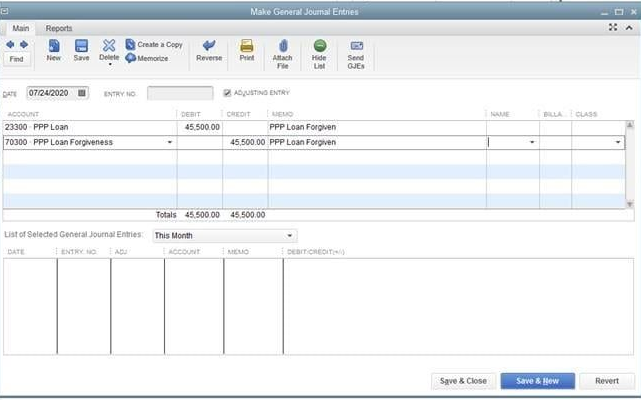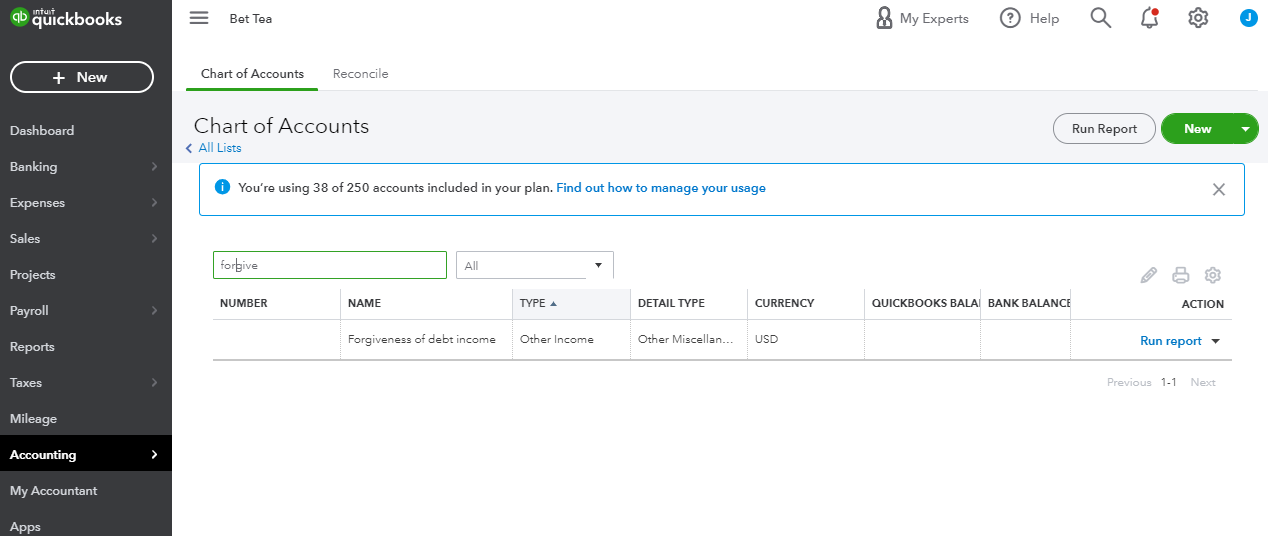Learn All About Secured Loans and When They Are a Good Option

Secured loans are a type of credit that offers additional security for both the lender and the borrower by using an asset as collateral for the payment.
This type of loan has gained popularity, especially in times of economic uncertainty, for offering lower interest rates and more flexible payment terms.
But what exactly are they? In this article, we will show you everything you need to know about it. Follow along and check it out.
Anúncios
What Are Secured Loans?
Secured loans are a type of credit where the borrower offers an asset as a guarantee of payment to the lender.
This asset can vary, from real estate and vehicles to financial investments or other valuable assets.
Anúncios
The presence of this collateral reduces the risk for the lender, which often results in lower interest rates and more favorable conditions for the borrower.
This additional security provided by the offered asset makes it an attractive option both for those in need of credit and for financial institutions looking to reduce risks.
However, it is crucial to understand the details and responsibilities associated with this type of loan before committing, in order to avoid possible complications in the future.
Understand How Secured Loans Work
As we said, secured loans operate on the basis of offering an asset as collateral to the lender.
When an individual or company applies for this type of loan, they need to offer an asset of equal or greater value than the desired credit amount.
After the collateral is accepted, the lender assesses the value of the offered asset. And, based on this value, determines the amount of the loan and the conditions, such as the term and interest rate.
Once the loan is granted, the asset used as collateral remains linked to the contract until the payment is fully completed.
In case of default by the borrower, i.e., if they fail to meet the payment obligations as agreed, the lender has the right to take possession of the asset offered as collateral to recover the borrowed amount.
This action is known as foreclosure.
On the other hand, if the borrower fulfills all their obligations, including the total payment of the borrowed amount and the interest, the asset used as collateral remains in their possession without any interference from the lender.
Essentially, it function as a trade of security between the borrower and the lender, offering advantages to both parties, provided that the conditions are properly met.
Types of Collateral Used
Secured loans can be supported by a variety of assets, depending on the lender’s policies and the borrower’s preferences.
Some of the most common types of collateral include:
- Real estate.
- Vehicles.
- Financial investments.
- Jewelry and valuable items.
- Accounts receivable.
These are just a few examples of collateral commonly used in secured loans.
It is important to note that the acceptance of certain types of collateral may vary according to the policies of each financial institution.
Learn More About Types of Secured Loans
Secured loans are a flexible financial tool that can be adapted to a variety of needs and situations.
Here are some of the most common types of secured loans:
- Real estate secured loans: This type of loan uses real properties, such as houses, apartments, or land, as collateral.
- Refinancing with collateral: Refinancing an existing mortgage or other secured loan can allow borrowers to take advantage of more favorable payment conditions, such as lower interest rates or extended payment terms.
- Vehicle secured loans: Automobiles, motorcycles, boats, and other vehicles can be used as collateral to obtain loans. These loans are common for financing the purchase of vehicles or for obtaining capital using an existing vehicle as collateral.
- Investment secured loans: Financial investments, such as certificates of deposit (CDs), stocks, or bonds, can be used as collateral to obtain loans.
- Secured lines of credit: Instead of receiving a fixed amount, borrowers can have access to a line of credit secured by an asset.
Is It Worth Opting for Secured Loans?
Now, see if it is really worth opting for secured loans. To help you decide, we have separated the advantages and disadvantages. Check them out!
Pros
- Secured loans generally have lower interest rates than unsecured loans, due to the presence of collateral, which reduces the risk for the lender.
- As the offered collateral can be a high-value asset, it often allow borrowers to access higher amounts of credit than unsecured loans.
- Secured loans can offer longer payment terms, which can result in lower monthly installments and greater financial flexibility for borrowers.
- For those with challenging credit histories or who face difficulties in obtaining approval for unsecured loans, it can be a viable option to access credit.
Cons
- The main downside of secured loans is the risk of losing the asset offered as collateral in case of default.
- The longer terms associated can result in a long-term financial commitment.
- Borrowers should carefully consider their payment capacity when opting for a loan with an extended term.
- While the asset offered as collateral is tied to the loan, there may be restrictions on its use or sale.
- Although secured loans generally have lower interest rates, the total cost of the loan over time may be higher due to extended terms.
- Borrowers should consider the total cost of the loan, including interest and fees, before deciding.
Now that you know everything you need about secured loans, it is easier to decide whether or not to apply for one. Analyze these facts to ensure your decision.
And see more tips on our page!





